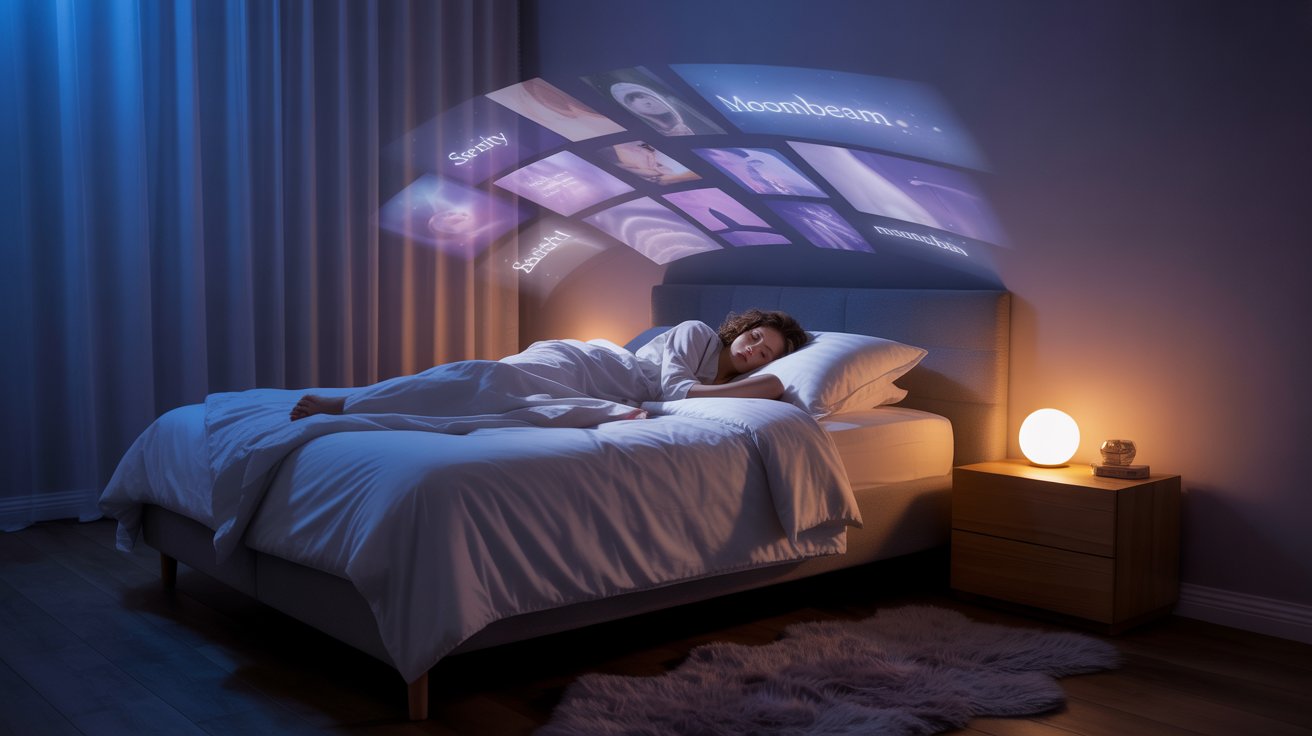One of the most important steps towards sleeping well – and terminating insomnia – is determining why you have little sleep and lots of worries. In psychology, we often use the 3-P model to look at various factors that influence behaviours, physical and mental health and also sleep patterns.
Predisposing Factors Influencing Sleep
Some people are more prone to develop sleep difficulties. Even though there are a lot of predispositions that can point to sleep issues, the following four stand out the most:
- Being a high achiever, perfectionist, or a so-called Type A Personality
- You tend to worry about many things already
- Your thoughts always go inwards as you overthink even small details
- You wonder a lot about health and focus on your health all the time.
If any of the above describes who you are, then the main reason you might have difficulties sleeping well is “focused attention.” Even though the ability to focus attention is an excellent skill when it comes to hyper-focusing your attention while it is time to sleep – and you cannot get your mind off the thoughts – it works against you. High achievers can achieve anything, which is quite helpful. Yet, obsessing over sleep will not help you fall asleep faster. In this case, within DBT, the term opposite action is used: focus on anything else than sleep, and you might sleep better.

Precipitating Factors Influencing Sleep
Sometimes a single event or action directly influences sleep. This trigger can be any event of increased stress or excitement. Examples include a change at work, having a new baby, difficulties with health, and even moving. In some situations, small, seemingly irrelevant events might combined be the result of why you are having sleep difficulties.
Stress and excitement, in general, are designed to keep us alert and active, to be fully aware, describe things, and then participate in the event. This is very helpful during times of danger. However, irrational or unneeded thoughts that make you worry are not necessarily helping you fall asleep, as the perceived stress is caused without a dangerous event being present.
Perpetuating Factors Influencing Sleep
When your character (disposition) influences how you sleep, and when you understand that activated stress might prevent you from falling asleep, you also understand that such is typical behaviour. Having better sleeps is not about changing your character or deactivating your limbic system. It is all about learning skills to help you get better periods of sleep (response).
However, the limbic system (memory processing and determining threats) significantly affects how well you sleep. For example, if the Amygdala (part of the Limbic System) activates you to try to eliminate the “threat of staying awake,” your system is responding to an event that is not precisely causing an imminent threat to your system. Therefore, the Amygdala will continue to let you do things to try to fall asleep faster – without result, resulting in your Amygdala trying even harder. This then becomes a stress response and makes you more worried. And that is why the more you try to fall asleep, the harder it actially gets to fall and stay asleep. The perpetuating factor here is your continued trying to fall asleep based on an irrational threat.
The key to sleeping well is to give insomnia less attention and do less to fall asleep. Wait… What? Do I need to do less to fall asleep? Exactly, that is “opposite actions.” If you have always tried hard to fall asleep with various routines, including drinking warm milk, having your watch track your sleep, and listening to sleep music, then doing the exact opposite might actually work. Why? Because you are removing the focus away from falling asleep.
Sleep Endeavours
When your brain realizes that staying awake eventually causes you to fall asleep, it’s not hard to see that trying anything else is a recipe for trouble. Trying to change behaviours with the right tools only causes confusion, frustration, irritation, and more sleeplessness.
Most sleep endeavours only work for the short term. Long-term better sleeps require other things than valerian tea, melatonin, and sleep aids. Some of these might not have worked at all, causing frustration. Others might have worked temporarily, resulting in you on relying on that… until it stops working consistently.
Do you have sleep endeavours that worked or ones that did not work at all? One way to figure this out is to list everything you have tried to fall asleep during the last two months and then indicate on a scale from 1 to 5 the success experience. Here is an example

The idea here is to figure out what has helped you fall asleep and what has further prevented you from falling asleep. Questions? Complete the Insomnia screening to figure out your Insomnia profile.
* Article inspired by the work of Daniel Erichsen, MD.















